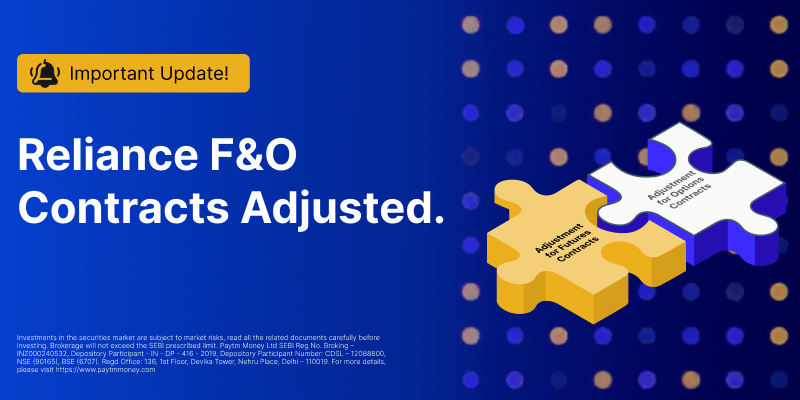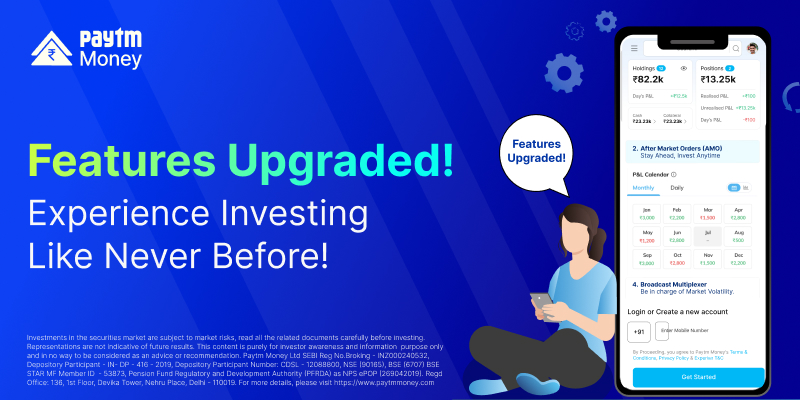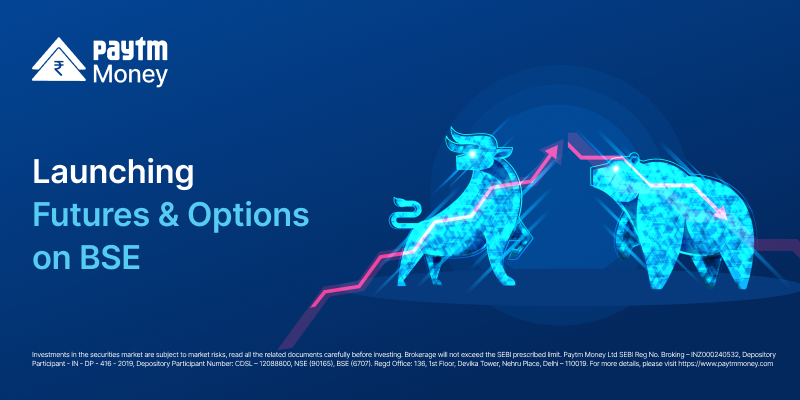What Does The ‘Future’ Hold For You? Comparing Index & Stock-based Futures3 min read
Whenever it comes to investment of all sorts, we carve out a futuristic plan. The plan primarily entails capital allocation for bringing back good returns over a certain time period, be it for an opulent future or a secure future. We have always been keen on finding the outcome after shelling out our money.
Narrowing down the investment universe to equity, we will delve deeper into the future. Sounds interesting? By future here, we mean Future Contracts which are a part of equity derivatives along with Options. However, we will focus only on Futures in this blog.

Futures are basically agreements between two parties for the purchase and delivery of an asset at an agreed upon price at a future date. A futures contract allows an investor to speculate on the direction of a security, commodity or a financial instrument.
Futures and options are by far the most common equity derivatives. These two products are available on indices and stocks. Over 98% of futures and options contracts are index –based (according to the turnover figures as on 17th Feb, 2022 post market hours).

Currently, there are 4 indices and nearly 200 individual stocks trading in the F&O segment offered by NSE. You must be wondering as to why we are so insistent on index-based derivatives rather than stocks even though the latter’s count is far more.
We have enlisted a few more reasons as to why index futures are more beneficial than stock futures:

- Diversification: Nifty Futures consist of a diversified portfolio of 50 stocks, giving a consolidated view. A single stock’s movement won’t heavily impact the entire portfolio and systematic risks can be averted in this way. Same goes for Bank Nifty with both private and public banks enlisted.
- High Liquidity: Index futures are highly liquid i.e. a trader can easily buy and sell units without having to worry about the loss incurred on the stock price movement or on the transaction cost as much. Limiting liquidity risks makes index futures a better alternative for both retail and institutional investors.
- Lesser Margins: Index futures demand lesser margins. Margins in futures are basically the money that you must place with your broker every time you open a futures position. While trading in stock futures requires an average margin of 25% to 50% of the market price, index futures require only 8% to 20%. So inevitably less money is locked in.
- Less Volatile: Index futures are far less volatile than stock futures. A single Nifty heavyweight stock is more volatile than all the stocks under Nifty 50 Futures combined.
Apart from these factors, index futures are also immune to manipulation or insider trading as compared to that on an individual stock. They are better hedgers for risks and give the freedom to trade in both buying and selling sides due to the blend of stocks.
Of course, stock futures also have their own strength. But to get a complete sectoral blend, trading in index-based futures and options are more advantageous than that of stock-based futures.
So just begin your journey with index futures which will eventually brighten your foreseeable financial future.
Still isn’t convinced? Then head to Paytm Wealth Academy on the Paytm Money app to learn more about futures and options trading with hands-on examples, and even get your knowledge assessed.




